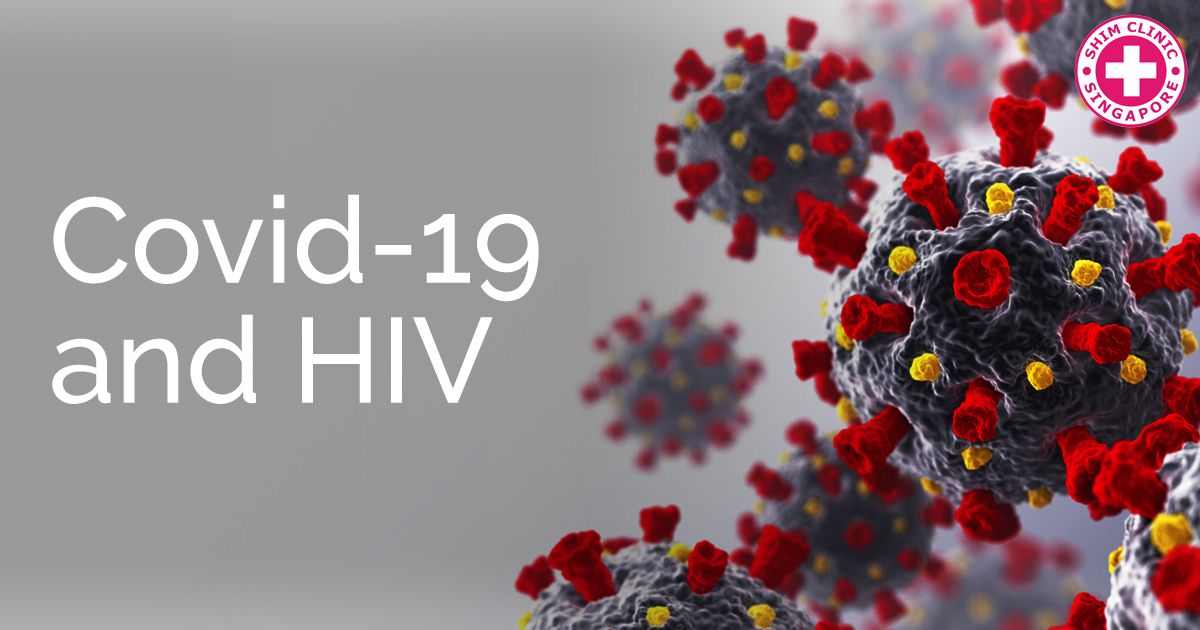The coronavirus pandemic has turned the world on its head due to the newness of the condition and the unknown effects of the virus. What we’re already aware of is the fact that some populations are more vulnerable than others – those who have diabetes, the elderly, people suffering from respiratory conditions, etc.
When it comes to HIV-positive individuals and those who have a compromised immune response, is there any information on how they’re being affected by Covid-19? There’s already some research on the topic and this guide will try to summarise the essentials.
Is Covid-19 Worse in People Who Have HIV
Currently, there is no evidence suggesting that people who are HIV-positive will experience more severe or life-threatening Covid-19 symptoms than everybody else.
People who have HIV and a compromised immune system are at a higher risk of getting infected with the novel virus. For this risk to be sensible, however, such individuals need to have a CD4 count of under 200 copies/cell or a high viral load. Those who have recently suffered from an opportunistic infection are also at a higher risk of contracting the coronavirus in the event of exposure.
Obviously, it’s somewhat difficult right now to carry out comprehensive trials on the effects of the coronavirus in HIV-positive patients. A very small portion of the people infected with Covid-19 is also HIV-positive, which means that sample sizes are way too small for valid conclusions to be reached.
Still, some interesting preliminary information on the topic was recently published in The Lancet – one of the most reputable and renowned medical journals.
Researchers from Spain identified five HIV-positive patients who were down with Covid-19. Four of them had CD4 counts of over 200 and one was with a more advanced HIV infection. All five patients recovered from Covid-19 and only two of them came down with pneumonia prior. The length of hospital stay was 21 days in just one of the cases while all of the other individuals had to spend just a couple of days in hospital.
The Spanish researchers presented the treatment protocols that were used to ensure a positive outcome in their patients. They’ve also encouraged other clinicians to share their treatment experience so that optimal pharmacological approaches can be utilised in every case of HIV-positive patient that is also found to be coronavirus-positive.
Covid-19 Prevention
If you are HIV-positive and you’re worried about your wellbeing, there are several things you can do to reduce the risk of coming down with a coronavirus infection.
Maintaining stellar personal hygiene is once again the number one rule.
The coronavirus can enter the body through mucous membranes like those of the eyes, nose and mouth. Get in the habit of washing your hands with soap for at least 20 seconds at a time, multiple times per day. Working on the habit of not touching your face and wearing a mask can also help you bring down the risk of an infection.
Self-imposed social distancing is also highly important in HIV-positive individuals.
While limiting social interactions can make you feel lonely and alienated, reducing the size of your social circle and staying away from large gathering s can both help you reduce the risk of becoming infected.
Needless to say, it’s also imperative to follow your antiretroviral treatment plan for your HIV infection in order to control the viral load and prevent negative effects on the functioning of your immune system.
Finally, make sure that your vaccinations are up to date. As already mentioned, all kinds of opportunistic infections can put you at a higher risk of contracting Covid-19. Influenza and pneumococcal vaccines are two examples of the kinds of shots you may want to consider renewing.
Getting Your Regular HIV Care While Social Distancing Measures Last
HIV-positive individuals need regular healthcare checkups to ensure their optimal condition.
Social distancing and other measures introduced to limit the spread of Covid-19 have made it potentially more difficult to always have effortless access to immediate medical assistance.
If you need to, do stock up on your antiretroviral medications so that you have at least a month’s supply at hand.
Most HIV clinics and emergency care centres in Singapore are operational. If you’re feeling unwell or you experience a change in your condition, call to schedule a consultation. When going out, follow the precautionary measures mentioned above to reduce your exposure to the Covid-19 virus.
It’s also a good idea to come up with a practical plan you can follow if you’re unwell and you need to spend some time at home. Online food purchases and a good friend to count on for essentials can do miracles to keep you healthy or to get you recovering faster in the case of a medical emergency.
Covid-19 is still a pretty new health treat and there isn’t an awful lot of information about how it affects niche population.
As a HIV-positive individual, however, you are vulnerable. Don’t underestimate the severity of the viral infection and the lengthy recovery period that’s often linked to it. Focusing on prevention and social distancing is a much better approach than attempting to contain the aftermath of getting infected with Covid-19.
If you have questions about HIV and Covid-19, you should also seek information from professionals. The Shim Clinic team is here to have your questions answered. Contact us today to learn more about HIV and the essentials you need to be aware of to maintain your health.

